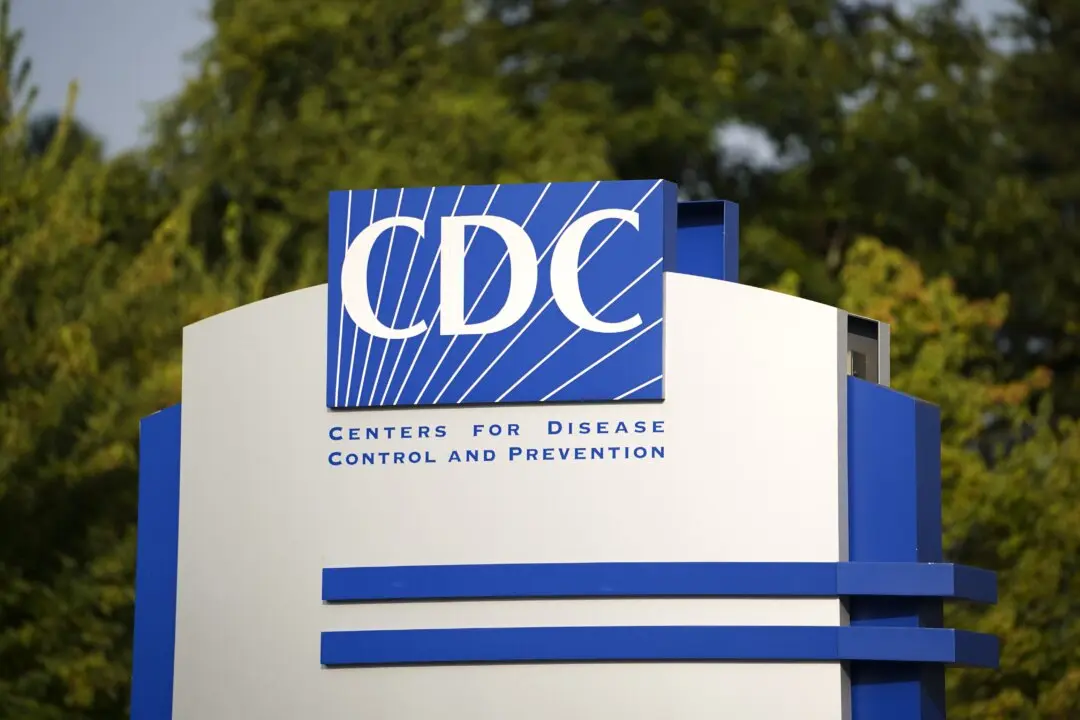A report released by the U.S. Centers for Disease Control and Prevention on April 15 showed that 1 in 31 children in America has autism.
The figures, which mark another jump in a long line of increases, stem from the CDC’s latest Autism and Developmental Disabilities Monitoring (ADDM) Network survey published in the CDC’s Morbidity and Mortality Weekly Report.






